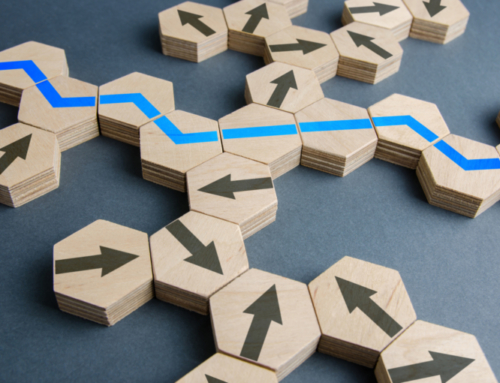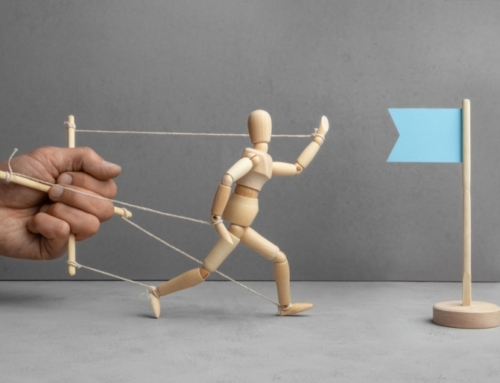We ran a brief health survey over the first two weeks of December 2023 through announcements in LifeBrief and on customer dashboards that asked three questions. The results shown are rounded to one decimal point and based on 53 respondents.*
Below I present the results, collapsing together ‘Very Good’ and ‘Good’ responses and ‘Poor’ and ‘Very Poor’ responses. These reduced three response levels – ‘Very Good/Good’, ‘Fair’, and ‘Poor/Very Poor’ make it easier to get the gist of the results.
My reaction to these results is that they show a level of healthful living that is far from optimal and that can and should be improved. Easier said than done! So, in the next section, I share some ideas on implementing healthy changes for the New Year.
As clinician healers, it is both right and societally beneficial that we remain healthy into our later adult years. Not only would we improve our quality (and years) of life, but we can remain actively working and contributing to our professions for longer periods. Of course, we all realize the challenges that clinicians face, perhaps especially in the US. The frequent long hours, limited control, unpredictability, the weight of responsibility, lack of support, the burden of paperwork, and administrative regulations often leave too little time and energy to focus on our well-being. This is especially true during residency, fellowships, and other training. And, often, the survival-like lifestyle of ‘eat-when-you-can, sleep-when-you-can, and shit-when-you-can,’ leads to a lifetime of unhealthy habits launched from an often already unhealthy baseline.
The Cast the Pebble Approach to Lifestyle Change
‘Cast the Pebble’ is a term I made up to capture an approach to making healthy changes to make them achievable and sustainable.
Cast the Pebble is based on a metaphorical image of casting a pebble into a pond and watching the concentric ripples moving outward. Let me explain.
Life change can be undertaken with a one-at-a-time or all-at-once approach. The first type refers to making one objectively definable and trackable change, limited in scope, and sticking to it until it becomes a fixed habit before moving to tackle the next change. Examples include removing all soda and related heavily sweetened beverages from one’s diet, incorporating a stretching and calisthenic regimen each morning before breakfast, and meditating each evening for 20 minutes an hour before bedtime. The all-at-once approach entails doing a ‘lifestyle overhaul,’ making many changes at once. This has the benefit of speed but requires a high level of discipline and often the help of a coach.
My Cast the Pebble approach is a hybrid, requiring limited but ever-expanding changes, each of which can strengthen and consolidate the other changes.
I recently wrote about sleep hygiene, and I’ll use this as an example to expand upon. Let’s say you decide that the poor quality of your sleep will be your initial focus for change. If so, you can start by focusing solely on your sleep environment. You review whether your environment is fully dark, your room temperature is optimal, and whether you feel evenly and optimally cool/warm while sleeping. At this point, you don’t yet focus on your sleep and pre-sleep behaviors and instead invest the requisite research time and experimentation on optimizing your sleep environment. Aspects of sleep hygiene I did not cover last time was on getting your mattress and sheets right.
Mattresses are tricky to get right because it’s hard to just swap them out of your bedroom. But there are well-known brands that offer trials with free shipping and returns, and some brands have physical locations in your town. You can check out unbiased review sites such as consumer reports for ideas. And since mattresses are a universal need and are rather expensive, there has been an explosion of different materials used in mattress construction. Competition is fierce.
But a much simpler and cheaper improvement can be equally effective and that is simply buying 100% cotton sheets. If you want to know what sleeping on synthetic or partially synthetic sheets is like, it’s like sleeping in a hospital dorm room when you’re on call. These synthetics often don’t breathe and you can feel hot and sweaty on one part of your body and freezing in another. Another tip: if you live in a cold climate, having cold feet makes it very hard to fall asleep. You may need to wear socks or warm up your feet before going to bed.
Once you’re sleeping in total darkness, have a good mattress, and have good cotton sheets, you can turn your attention to your already-in-bed behaviors. For example, an underappreciated exercise when you first lie down is to focus on your body parts and ensure each is relaxed. Retained muscle tension is very common and makes falling asleep difficult.
Once you identify and fix problems related to your already-in-bed behaviors, then focus on your pre-bedtime activities. I won’t continue to go into detail and simply remind you that you can remind yourself each evening that you should be winding down before sleep.
As you progress through improving your sleep, you’ll notice that you should make changes to your diet and activity level. As you age – sorry to remind you – it is harder and slower to digest and avoid indigestion and even reflux. So, then you focus on your evening meal and evening snacking and make requisite changes there. You may also notice that you feel more tense or restless if you’ve been inactive that day and then focus on how you can add daily activity/exercise to your day. This may differ from and be in addition to any cardio or weight training you do which is less than daily. Even on your off days, you may still need a certain minimum movement in your life.
So, Cast the Pebble uses the one-at-a-time approach but sees each change as just one ripple that is associated with other ripples, thus leading to sometimes dramatic and far-reaching lifestyle changes.
I’ll end by reminding you that no one will come to save you from yourself and wrest you out of your current lifestyle. Everyone is fighting their own battles and many are barely able to do that. So, healthy change, if it is to come, must be wrested from your current lifestyle and must be chosen and done by you. All the best.
Thanks for reading. Please be in touch.
Dr. Jack
*I’d like to make surveys and discussions of their results a regular feature of LifeBrief and expand upcoming surveys to include more questions, including on responders’ demographic features. The more detail, the more interesting the information becomes. The first time out I wanted to keep the questionnaire as simple as possible. I hope as you see the value of sharing and viewing information compiled from all of us, you will be willing to participate and even take a little more time to do so – like 90 seconds instead of 30 seconds. Thanks and feel free to let me know your thoughts and ideas, including for survey topics in the comments below.
Language Brief
“Hope is the thing with feathers that perches in the soul – and sings the tunes without the words – and never stops at all.” – Emily Dickinson
“That it will never come again is what makes life sweet.” – Emily Dickinson
“To love is so startling it leaves little time for anything else.” – Emily Dickinson
“The soul should always stand ajar, ready to welcome the ecstatic experience.” –Emily Dickinson
“Not knowing when the dawn will come I open every door.” – Emily Dickinson









Leave A Comment